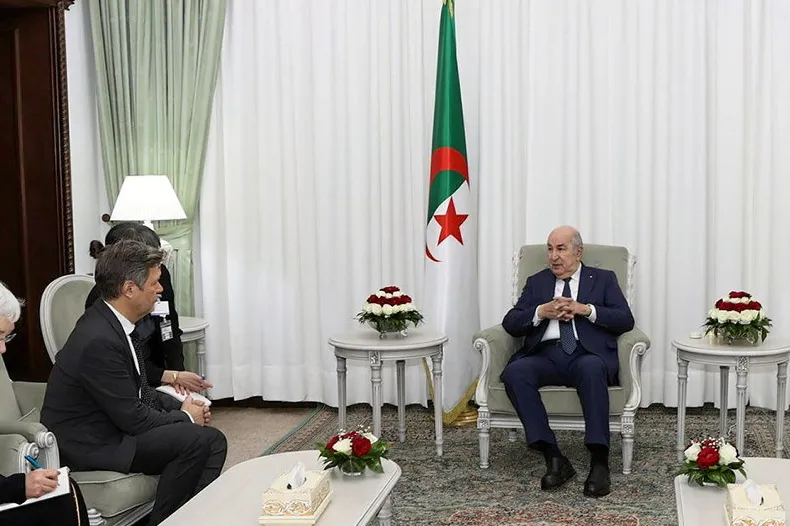Germany agrees to support the production of green hydrogen in Algeria and its export to Europe
The two countries plan to build a 50MW pilot project in addition to setting up a H2 bilateral taskforce

The two countries plan to build a 50MW pilot project in addition to setting up a H2 bilateral taskforce
